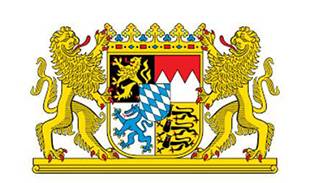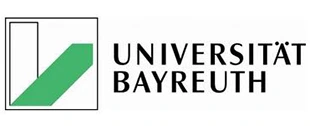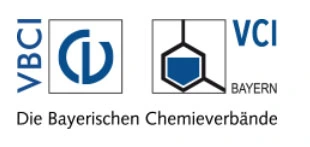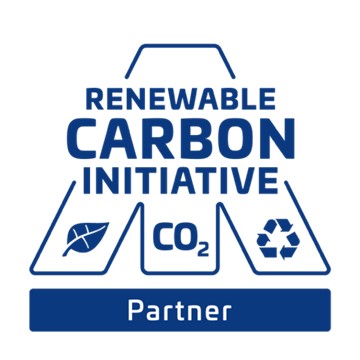










The Bavarian Ministry of Economic Affairs, Regional Development and Energy has been funding the Chemie-Cluster Bayern since 2006 in the course of its Cluster Initiative Bavaria www.cluster-bayern.de. On behalf of the Ministry, we promote networking between companies of the chemical sector and cooperation between industry and science. In addition, we support companies in their development in the areas of innovation and market development. We offer advice and support to the Ministry on strategic issues and on its activities e.g. in internationalisation.

Since 2013, our contact office “ConTact” for the initiation of R&D projects has been integrated at the University of Bayreuth where it is assigned to the polymer and colloid sciences profile field. The contact office supports the initiation and realisation of R&D projects, both in academic and industrial environments. The project contents range from pure research projects to product-related developments. ConTact also gives advice on funding opportunities and helps to find suitable project partners.

Chemie-Cluster Bayern is working in close, operative coordination with the Bavarian chemical associations. Our work can be understood as a project-oriented addition to the VCI/VBCI’s activities and primarily includes the areas of innovation management and market development.

At the beginning of this year, Chemie-Cluster Bayern and TUM Campus Straubing have established the second “ConTact” office in Straubing. Similar to the contact point in Bayreuth, the office supports the initiation and realisation of R&D projects.

RCI is an organisation for all companies working in and on renewable chemicals and materials – plastics, composites, fibres and other products can be produced either from biomass, directly via CO2 utilisation, or recycling. RCI members profit from a unique network of pioneers in the sustainable chemical industry, creating a common voice for the renewable carbon economy.
Renewable Carbon entails all carbon sources that avoid or substitute the use of any additional fossil carbon from the geosphere. Renewable carbon can come from the biosphere, atmosphere or technosphere – but not from the geosphere. Renewable carbon circulates between biosphere, atmosphere or technosphere, creating a carbon circular economy.
The aim of the Renewable Carbon Initiative (RCI) is to support and speed up the transition from fossil carbon to renewable carbon for all organic chemicals and materials. RCI addresses the core problem of climate change, which is extracting and using additional fossil carbon from the ground that will eventually end up in the atmosphere. Companies are encouraged to focus on phasing out fossil resources and to use renewable carbon instead. The initiative wants to drive this message, initiating further actions by bringing stakeholders together, providing information and shaping policy to strive for a climate-neutral circular economy.
[More Information about Renewable Carbon Initiative]








